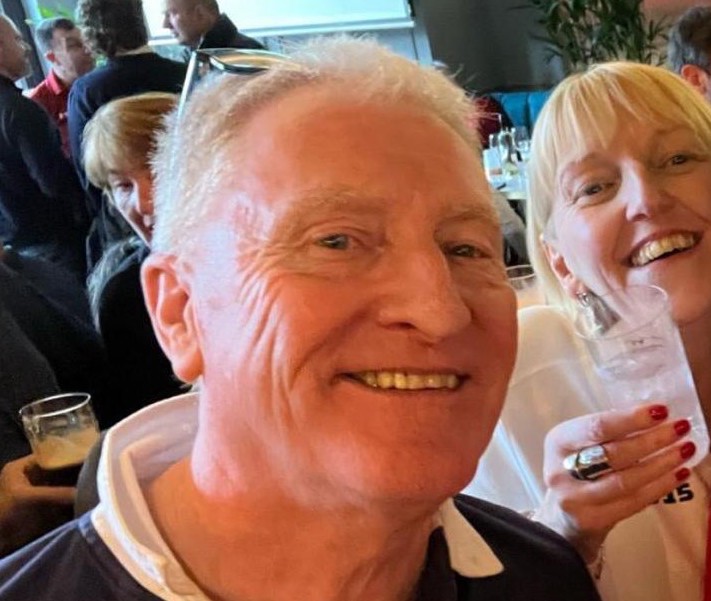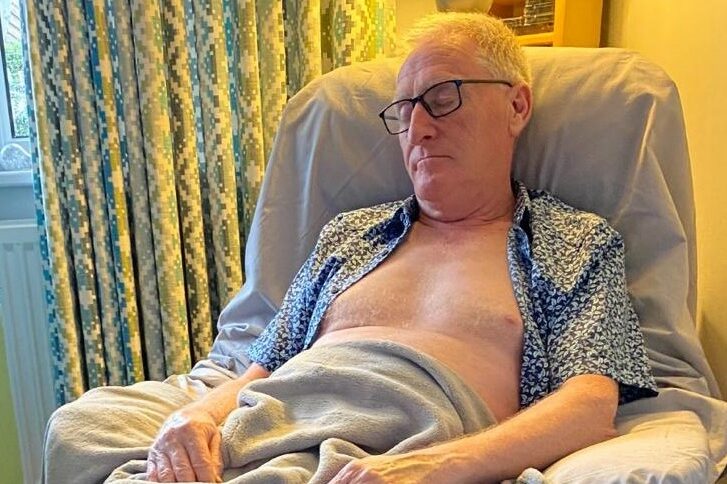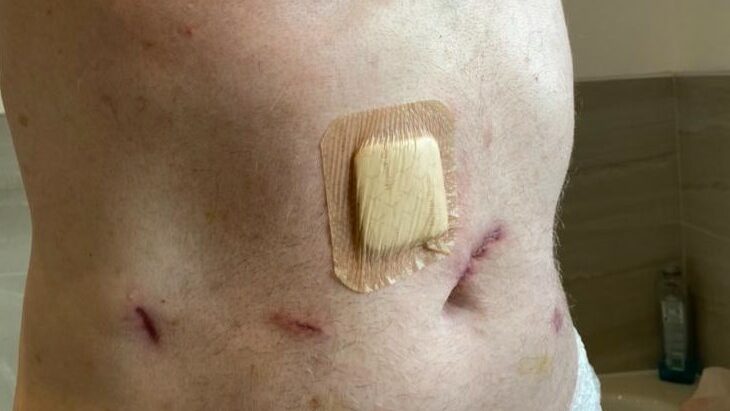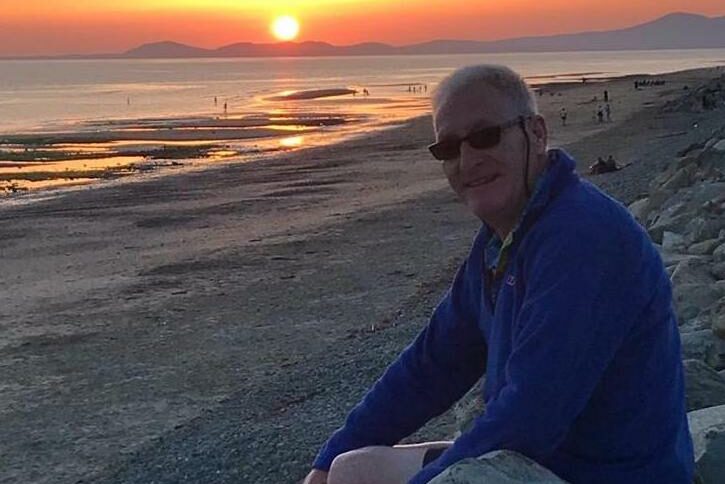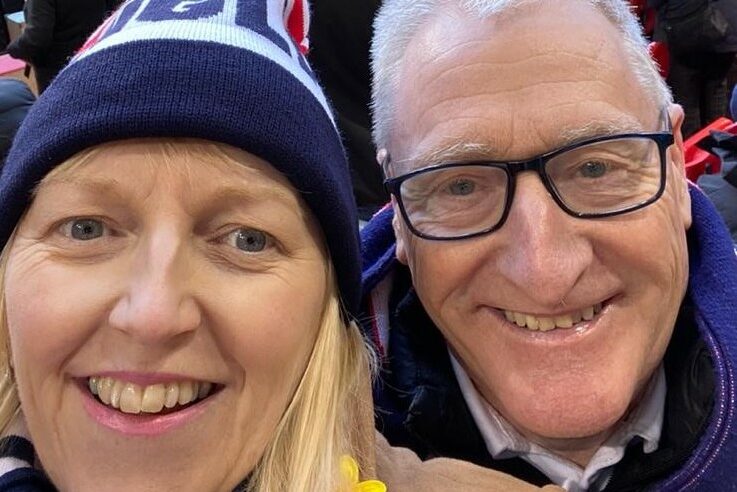The Beginning of a Medical Journey
Five years ago, I was having trouble needing to pee in the middle of the night, especially after a few beers. I felt like I really needed to go but nothing would happen. I was aware of this for a few months and in January 2019, I discussed it with my GP who referred me to a Urologist, a series of tests took place, to include an examination of my prostate via my back passage – with the dreaded glove! I had an ultrasound scan of my bladder, MRI scan, PSA blood test and biopsies which were a little eye watering and felt like a stapler firing off in my back passage! That said, none of the tests were anywhere near as bad as I initially thought, and the staff were incredibly supportive.
All of Andy’s results were assessed by a multi-disciplinary team (MDT) who work together to ensure each patient gets the right treatment for their own individual diagnosis. Six weeks later, Andy was told by the clinical nurse specialist (CNS) that he had a grade one cancer and it was contained within the prostate and at that moment it hadn’t spread to any other areas within his body.
Being told you have a cancer is life changing, walking out of the hospital my head was going at 90mph. My wife Val was carrying booklets given to us from the nurse on “Early prostate cancer. A booklet that later helped me understand my diagnosis and helpful guidance on what to expect next.
Early (localised) prostate cancer | Macmillan Cancer Support
I had Grade 1 Prostate cancer which bizarrely enough felt like I’d won the lottery, Grade 1 prostate cancer has a very high percentage of survival beyond five years. I feel quite guilty really, what was even better for me was my cancer hadn’t spread. I know I’ve been one of the lucky ones.
I know lots of family and friends who have been affected by cancer, and sadly, some of our closest are no longer with us, with age being no barrier. At the beginning I didn’t have any symptoms other than needing to pee in the night. Most men would put that down to getting older. Following my diagnosis, I was offered multiple options of treatments plans, from surgery to take my prostate out, to a watch and wait approach, along with endless information to explain them, and an opportunity to see my consultant face to face to discuss them.
I talked it all through with Val my wife, who has a much clearer understanding of cancer than me, as she works as the lead cancer care co-ordinator for North Shropshire PCN, her support and knowledge of the process has been invaluable.
We decided to proceed with a plan called active surveillance which at the time was the best option for me and my lifestyle. Leaving me to lead as normal life as possible, coping with the extra trips to the loo in the night. All of which carried on for four years supported by regular PSA tests and scans to further monitor me. I had a safety net that I could speak with my CNS nurse should anything change or should my PSA tests and scans have highlighted anything different.
Surgical Decision
In Jan 2023 a surveillance MRI scan showed a change. I was called to see my consultant in Stoke, Mr Christopher Luscombe. An expert in this field and total gentleman which immediately gives you a comfort. Once again, options were discussed, I could have had a biopsy under general anaesthetic, continue as I was, or proceed with surgery to remove the prostate. We came away and talked it through overnight. I decided with my wife, that it was time to take this little tinker out, four years of active surveillance had been the right choice for me and one I don’t regret but the scan shared enough concerns for me to want rid of it.
Facing Surgery
Having decided to opt for surgery, I was told about the many possible and definite side effects of the surgery, which included erectile dysfunction and incontinence of urine. I hadn’t had major surgery before and took the time and effort to get myself in the best place for it, following the advice from Mr Luscombe. Prior to surgery I enjoyed walking but increased my exercise to a min of 10,000 steps a day and did this together with my wife and friends to aid my recovery, all of which I’m convinced helped.
